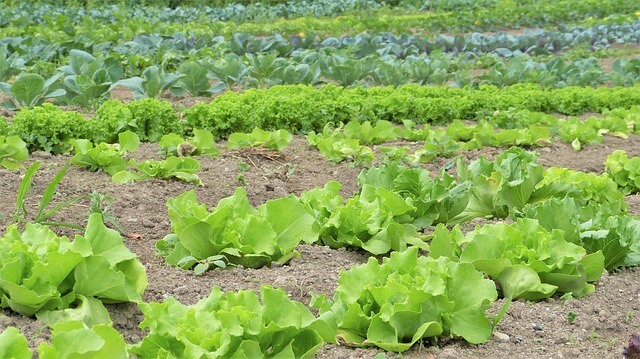
If you're a first-time vegetable gardener, you're probably anxious about all the choices you have to make. What types of plants should you focus on? Which ones don't play well together? Which options work best for your part of the country and seasonal weather? Find out what to plant first in your new vegetable garden.
Radishes
Radishes grow to maturity within a few weeks, so they're an
encouraging crop for beginners who would like to see some quick results. Plus,
they can handle almost any kind of soil, even if it isn't superb. Tuck the
seeds into the earth in the spring or fall for best growth.
Green Beans
As soon as the frosty mornings are over in springtime, plant
some green beans in your new garden! They are simple to care for and they
usually yield an abundant crop. If you're using pole beans, you'll need a
string, pole, teepee, or trellis to support the climbing vines. Bush beans
don't require supports, so they're even better for newbie gardeners.
Carrots and Beets
Root vegetables like carrots and beets are another top
choice for a first-time garden. Before you plant the seeds, work the soil and
loosen it up, so your vegetables can grow neat and uniform. Stones or soil
lumps can make them grow into odd, crooked shapes.
To shake things up, try a mixed blend of beet seeds that
yields different colors and flavors. For your carrot crop, be sure that you
thin out the seedlings so you'll get well-formed, sizable root veggies.
Cucumbers
Cucumbers are easy to grow once you've boosted your soil's
nutritional content with a high-quality compost.
Choose one that includes plenty of potassium and nitrogen. Remember that
cucumbers also require a lot of sun, and they prefer something to climb, like a
fence or lattice.
Squash
Summer and winter squashes tend to be prolific. Plant them
in sun, give them water at the roots so the leaves don't acquire powdery
mildew, and you should get an abundant crop. Keep an eye out for squash bugs
and prevent an infestation with food-safe pest control options.
Salad Greens
Various lettuces and other salad fixings grow quickly and
well throughout the summer. You can keep snipping leaves for salads and
sandwiches, and the greens will continue growing, producing additional leaves
for your table. Be sure they get plenty of water and the right amount of shade
to ensure optimal flavors and textures.
If you've been wondering what to plant first in your garden,
consider some of these easy-to-grow options. You can also mix and match flowers
and other plants with your vegetable garden, as long as they are compatible and
easy to tell apart. Contact Kurtz Bros., Inc.
to acquire supplies for your new garden, or to ask our experts any questions
you may have about gardening or landscaping.
